INTERVIEWS
David Fortin
Interviewer: Marcela Torres Molano
Language of interview: English
Country of practice: Canada
Profession: Architect and architecture professor
David Fortin is a Metis architect and professor at the school of architecture in the University of Waterloo, Canada. His main work includes housing projects and participatory architectural design with Indigenous communities. He first became interested in architecture for reconciliation after realising the consequences of colonialism for Indigenous communities in Kenya and Canada. Accordion to Fortin, humility is the most important factor when working on design with any community, since it allows conscious listening, avoidance of preconceptions and stereotypes, and making assumptions of what people need or want.
During our conversation, Fortin talks about some common issues of design when working in collaboration with Indigenous communities. He explains one of the main problems is how the oppression of Indigenous people is reflected on spatial practices, as a result of the lack of agency over the creation of their own spaces. He describes how the built environment has been a reminder of the disposition of land and oppression of culture for Indigenous people, and calls for advocating for more Indigenous architects to work with their communities. However, he clarifies the great social and economic difficulties that Indigenous people face when aiming to join the architectural professional world.
Further, Fortin talks about several case studies of community work in different territories in Canada. Among others, an Indigenous housing handbook created for remote northern communities and the design of the Indigenous People Space in Ottawa. He explains how involvement can look different in every case, and clarifies the importance of real commitment with an inclusive design process that give people opportunities to modify and improve the spaces. To finalise, he explains about the process of learning how to negotiate with institutions, and how currently the Canadian movement has shown a real interest and commitment to include participation of Indigenous people in their projects.
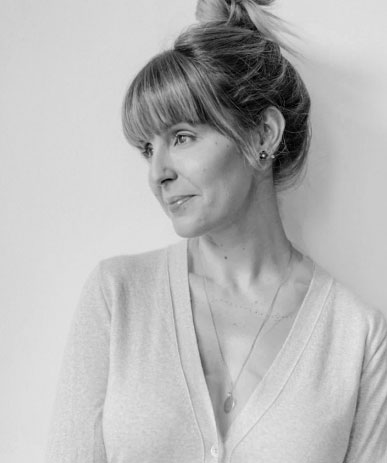
is an author, speaker, columnist, and podcaster in the fields of architecture and decorative arts. She is completing her MA in Art History at Concordia University, Montréal, and holds a Bachelor of Commerce with a major in Marketing from John Molson School of Business. She studied Industrial Psychology in Los Angeles, California. Sicotte is the author of two published books on design (2015, 2018) published by Les Éditions Cardinal.
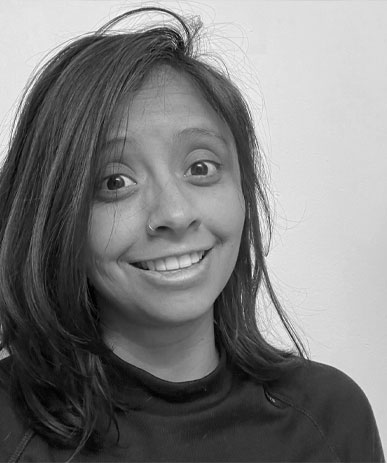
is a Colombian PhD candidate in the Department of Art History at Concordia University. She has a background in architectural design and community activism and holds a master’s degree in Building and Urban Design from the Bartlett School of Architecture in London, England. Her interests focus on socially-engaged art, social movements, collaborative activism in post-conflict scenarios, collectively-produced art, and art produced in relation to the built environment.
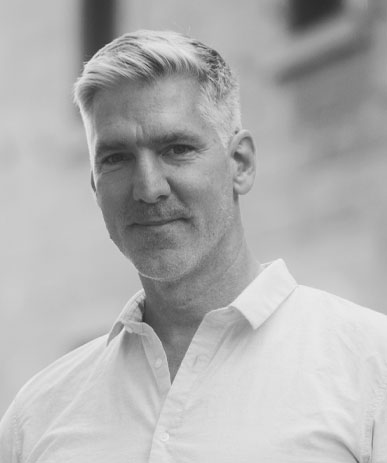
is a PhD candidate in Humanities at Concordia University. His research focuses on spatial agency, social aesthetics, youth narratives, and graphic representations of urban memory. He has published on the relationship between children, play, and public space in Cartagena, Colombia. He has also worked as an editor on literary projects, including Territorio Fértil, which received the María Nelly Murillo Hinestroza award for Afro-Colombian literature.
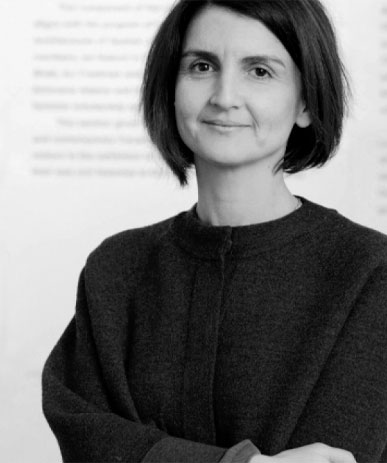
is Associate Professor and Canada Research Chair in Architectures of Spatial Justice (Tier 2) at the Peter Guo-hua Fu School of Architecture at McGill University, Montréal, Québec, Canada. Her research interests include low-income housing and participatory design, civil protest and urban design, and campus landscapes and race. Her publications include the co-edited book, Orienting Istanbul (2010) and solo-authored book, Istanbul Open City (2018).
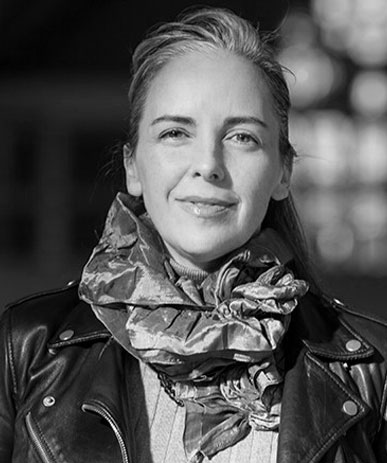
is an artist and a professor of Art History at Concordia University. Her work focuses on women and the history of the built environment, urban landscapes, research-creation, and oral history. She has published on the spatial history of the suffrage movement, public art, gardens, and the politics of urban change. In addition to her research on the spaces of restorative and transitional justice, she is leading an oral history project on the urban memories of diverse Montrealers.
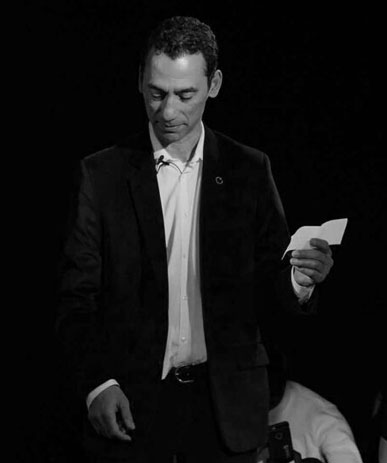
is Associate Professor in the Department of Theatre at Concordia University, Montreal (Quebec, Canada). He is also the second co-director of Concordia’s Centre for Oral History and Digital Storytelling. His latest publications explore listening in the context of post-conflict performances of memory. For instance, see ‘Facilitating voicing and listening in the context of post-conflict performances of memory. The Colombian scenario.’ In: De Nardi, S., Orange, H., et al. Routledge Handbook of Memoryscapes. Routledge: London. (2019), and his article ‘Not being able to speak is torture: performing listening to painful narratives’. International Journal of Transitional Justice, Special Issue Creative Approaches to Transitional Justice: Contributions of Arts and Culture. (March, 2020)